Strengthen Your Manufacturing Career with an Apprenticeship
The Rock River Valley Tooling and Machining Association (RRVTMA) apprenticeship program has been training skilled workers since 1960. This program offers hands-on experience, technical education, and a recognized journeyman credential to help you build a rewarding manufacturing career.
What is an Apprentice?
It’s a job.
Earn while you learn, with wage increases as you progress.
It’s on-the-job learning and education.
Work alongside experienced mentors while taking courses at Rock Valley College.
It’s a credential.
Receive a journeyman certification from the RRVTMA, with potential for national recognition from the Department of Labor.
What apprenticeships are offered?
What Does a Tool & Die Maker Do?
A Tool & Die Maker is a skilled tradesperson who designs, builds, repairs, and maintains precision tools, dies, molds, and fixtures used in manufacturing. They play a crucial role in producing high-quality, custom parts for industries like automotive, aerospace, and medical devices.
Key Responsibilities:
- Crafting and assembling precision tools, dies, and molds
- Reading and interpreting blueprints and technical drawings
- Operating CNC machines, lathes, and grinders
- Inspecting and testing tools to ensure accuracy and quality
- Repairing and maintaining production tools and dies
Why Become a Tool & Die Maker?
- High Demand: Skilled tool & die makers are essential to manufacturing.
- Hands-on Learning: Apprentices gain real-world experience through on-the-job training.
- Great Pay & Career Growth: Opportunities for advancement in machining and engineering.
This profession is perfect for those who enjoy problem-solving, working with their hands, and precision craftsmanship.
What Does a CNC Precision Machinist Do?
A CNC Precision Machinist is a skilled professional who programs, sets up, and operates computer numerical control (CNC) machines to create high-precision parts for industries like aerospace, medical, and automotive manufacturing. They work with a variety of materials, ensuring components meet exact specifications.
Key Responsibilities:
- Programming & Operating CNC Machines to cut, shape, and finish metal or plastic components
- Reading & Interpreting Blueprints and CAD/CAM designs
- Ensuring Precision & Quality Control using measuring tools and inspection techniques
- Maintaining & Troubleshooting Equipment to keep production running smoothly
- Collaborating with Engineers & Designers to optimize machining processes
Why Become a CNC Precision Machinist?
- High-Tech & In-Demand Career: CNC machinists are essential in advanced manufacturing.
- Hands-on Training & Real-World Experience: Learn while you earn through apprenticeship.
- Strong Earning Potential & Career Growth: Opportunities to specialize, advance, or even start your own shop.
This career is perfect for individuals who enjoy technology, problem-solving, and working with precision.
What Does a Gear Cutting Machinist Do?
A Gear Cutting Machinist is a specialized professional who operates precision machinery to manufacture gears used in industries like automotive, aerospace, and heavy equipment. They work with advanced tools to ensure gears meet exact specifications for smooth and efficient mechanical operation.
Key Responsibilities:
- Setting Up & Operating Gear Cutting Machines to produce high-precision gears
- Reading & Interpreting Technical Blueprints to ensure accurate manufacturing
- Using Specialized Cutting Techniques such as hobbing, shaping, and grinding
- Inspecting & Measuring Components for precision and quality assurance
- Maintaining & Troubleshooting Machines to optimize performance and longevity
Why Become a Gear Cutting Machinist?
- Essential & Niche Skillset: Gear machinists are in high demand across industries.
- Hands-on Training & Career Growth: Learn advanced machining techniques while earning.
- Strong Job Stability & Earning Potential: Opportunities to specialize and advance in precision manufacturing.
This career is ideal for individuals who enjoy working with precision machinery, problem-solving, and contributing to the mechanics of everyday technology.
What Does a Machine Tool Builder Do?
A Machine Tool Builder is a skilled tradesperson who assembles, installs, and fine-tunes industrial machinery used in manufacturing. They work with mechanical, electrical, and hydraulic systems to build and maintain precision machine tools that produce parts for industries like aerospace, automotive, and medical manufacturing.
Key Responsibilities:
- Assembling & Installing Machine Tools using mechanical, electrical, and hydraulic components
- Reading & Interpreting Blueprints & Schematics to ensure accurate builds
- Aligning & Calibrating Machinery for precision and efficiency
- Testing & Troubleshooting Equipment to meet quality and safety standards
- Maintaining & Upgrading Machines to improve performance and longevity
Why Become a Machine Tool Builder?
- Critical Role in Manufacturing: Machine tool builders create the equipment that keeps production running.
- Hands-on Training & Career Development: Learn advanced mechanical and electrical skills through apprenticeship.
- High Demand & Strong Earning Potential: Opportunities for specialization and career growth in industrial automation.
This career is perfect for those who enjoy working with their hands, solving mechanical challenges, and contributing to cutting-edge manufacturing technology.
A Mold Maker is a highly skilled professional who designs, fabricates, and repairs molds used in manufacturing processes such as injection molding, die casting, and thermoforming. These molds are essential for producing precision parts in industries like automotive, medical, and consumer goods.
Key Responsibilities:
- Crafting & Assembling Precision Molds using CNC machines, lathes, and grinders
- Reading & Interpreting Technical Blueprints to ensure accuracy in design and production
- Measuring & Inspecting Molds to maintain exact specifications and quality standards
- Troubleshooting & Repairing Molds to keep manufacturing processes running smoothly
- Working with a Variety of Materials including steel, aluminum, and composites
Why Become a Mold Maker?
- High-Demand, Specialized Skill: Mold makers are essential to precision manufacturing.
- Hands-on Training & Career Advancement: Learn while you earn with real-world experience.
- Strong Earning Potential & Job Stability: Opportunities to work in various industries and advance in tooling and design.
This career is ideal for individuals who enjoy precision craftsmanship, working with machinery, and problem-solving in a high-tech manufacturing environment.
A Metal Fabricator Welder is a skilled tradesperson who cuts, shapes, assembles, and welds metal components to create structures, machinery, and products used in industries like construction, aerospace, and manufacturing. They work with a variety of metals and advanced welding techniques to ensure strength, durability, and precision.
Key Responsibilities:
- Cutting, Shaping & Assembling Metal Components using tools like saws, presses, and rollers
- Performing Welding Operations including MIG, TIG, and arc welding to join metal parts
- Reading & Interpreting Blueprints & Technical Drawings to fabricate accurate structures
- Inspecting & Testing Welds & Fabricated Parts to ensure strength and quality
- Operating & Maintaining Welding & Fabrication Equipment for efficiency and safety
Why Become a Metal Fabricator Welder?
- Hands-on, High-Demand Trade: Metal fabricators and welders are essential in many industries.
- Earn While You Learn: Apprentices gain valuable skills through real-world experience.
- Strong Job Stability & Career Growth: Opportunities to specialize in advanced welding, custom fabrication, or metal design.
This career is perfect for individuals who enjoy working with their hands, problem-solving, and creating durable, high-quality metal structures.
What Does a Manufacturing Applications Engineer Do?
A Manufacturing Applications Engineer is a technical expert who integrates mechanical, electrical, and software systems into automated manufacturing environments. They specialize in configuring and installing machine tool accessories, robotics, and data collection systems to optimize CNC machine performance. Working at the intersection of engineering and customer service, these professionals help manufacturing operations run more efficiently by customizing automation solutions and ensuring proper system functionality.
Key Responsibilities:
- System Installation & Integration
Install and configure CNC machine accessories, including fluid power systems, sensors, robotic systems, and control panels. - Customer Training & Support
Train machine operators on proper use of installed systems and provide technical support before, during, and after installation. - Mechanical & Electrical Engineering
Interpret hydraulic and electrical schematics, build and test control panels, and ensure safe, efficient mechanical integration. - Programming & Automation
Learn and apply programming skills for PLCs, HMIs, robotic arms, and CNC code, including involvement with Industry 4.0 and IoT technologies. - Troubleshooting & Continuous Improvement
Diagnose system issues, identify areas for process improvement, and work with cross-functional teams to enhance performance and reliability.
Why Become a Manufacturing Applications Engineer?
- High-Tech Career in Smart Manufacturing:
Be at the forefront of automation, robotics, and digital manufacturing solutions. - Diverse Skill Development:
Gain experience in machining, electrical assembly, robotic programming, and customer service. - In-Demand Career Path:
Companies seek engineers who can bridge design, installation, and customer support in advanced manufacturing environments.
This career is ideal for individuals who enjoy solving complex technical problems, working hands-on with innovative technology, and helping customers implement real-world automation solutions.
How does the program work?
To earn a journeyman certificate, apprentices must complete:
On-the-job training:
- 8,000 hours (CNC Precision Machinist, Gear Cutting Machinist, Machine Tool Builder, Metal Fabricator/Welder, Manufacturing Applications Engineer)
- 10,000 hours (Tool & Die Maker, Mold Maker)
Technical courses:
- 640 classroom hours (10 courses over four years)
So, How Do I Get Started?
- If employed by a participating RRVTMA member company, speak with your supervisor.
- If your company doesn’t participate in the RRVTMA, explain the benefits and ask them to sponsor your apprenticeship.
- Contact our apprenticeship administrator to get the ball rolling.
- Check our website for hiring companies or take the NTMA Aptitude Test to connect with sponsors.
- First, consider the benefits of sponsoring an apprentice:
- Build a highly skilled workforce
- Strengthen employee loyalty and job satisfaction
- Enhance company reputation and competitiveness
- Improve your team’s efficiency, quality, and problem-solving
- Offer nationally recognized credentials
- Develop future industry leaders
- Sponsor current employees for the program or recruit current apprentices.
- Contact us for guidance on setting up your company’s apprenticeship program.
Upcoming Events
Wednesday, March 4 5 PM 4950 Marlin Dr. Machesney Park, IL 61115 On site networking to follow Registration Deadline: 2/27/26 $15 members, $25 non-members
Recent News
Rock River Valley Tooling & Machining Association Welcomes New Director of Public Relations
Taylor Hohn2026-01-29T11:15:01-06:00January 29th, 2026|
Rock River Valley Tooling & Machining Association Appoints New President of the Board
Taylor Hohn2025-11-18T10:46:46-06:00November 18th, 2025|
Rock River Valley Tooling & Machining Association Launches Redesigned Website To Improve Member Experience
Taylor Hohn2025-09-17T16:34:43-05:00September 17th, 2025|
Forest City Gear Warehouse Ribbon Cutting
Jennifer Hurley2025-09-08T10:51:25-05:00September 8th, 2025|
Rock River Valley Tooling & Machining Association Beloit Sky Carp Family Night August 2
Taylor Hohn2025-07-09T13:42:47-05:00July 9th, 2025|



